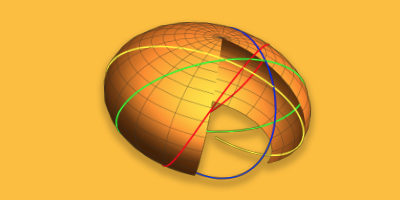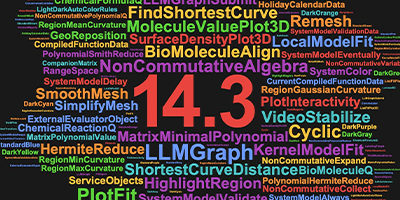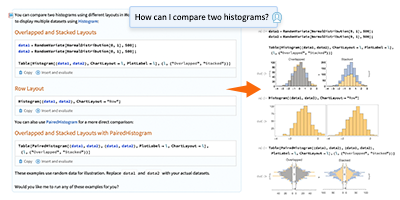Wolfram Science Summer School 2013: Bigger and Better
The Wolfram Science Summer School is an intense three-week course that furthers people’s careers by teaching them the ideas and methods used by Stephen Wolfram and his advanced research team.
This year we had 47 students and 10 instructors, more than we have ever had since we started back in 2003. People like Bernat Espigulé Pons, a young NKS researcher with a physics background, whose recent post to Wolfram Community describes his fascination with tree growth based on simple rules. At the Summer School he expanded this work to three dimensions and mapped out the space of fractal trees more extensively than anyone had before.
Of course, there were classes on Mathematica, but the emphasis was on more recent developments: data science, natural language, and the ideas found in Stephen Wolfram’s A New Kind of Science. (See Stephen’s blog post.)
The main thing though is that everyone does a project based on their interests and career path. (At the end of this post, I list some of the diverse topics these projects covered.) Some participants, however, like the discussions the most, and every year one or two topics become popular. This year those were the questions of whether you can find automated tests for nesting and whether NKS can help us understand free will.
There was a new location this year, Bentley University, close enough to Boston and our Cambridge office that we could augment our usual experienced instructors with many of our best local experts.
The students came from diverse locations and gave us pretty good coverage of the world map:

With a variety of ages as well:

While the main task for the students is their project, there is also homework that we assign every year. See Paul-Jean’s blog post from last year. This year the students explored Turing machines with 5 states and 3 colors. It is a very large space with many uninteresting examples, so the challenge was to find jewels among the junk. Here are examples of some of the complex rules that the students found.

In addition to fractal trees, projects included:
- Endocrine network data
- Inferring web links by time-series data
- Complexity in optimal trusses
- Mobile robots
- Fractures with fluids
- Economic control by governments
- Reversible 2D cellular automata
- Long-distance cellular automata
- Three-body problem classification
- Conserved quantities in cellular automata
- Rule 37R
- Powerful string axiom
- Colors in historical flag data
- Cell nematode lineages
- Nanotube fluids
Descriptions of student homework and projects will be added to the summer school alumni web page over the next few weeks.
Everyone found some concrete results to their projects, but as usual and as it should be, there is still much to explore.



Comments
1 comment